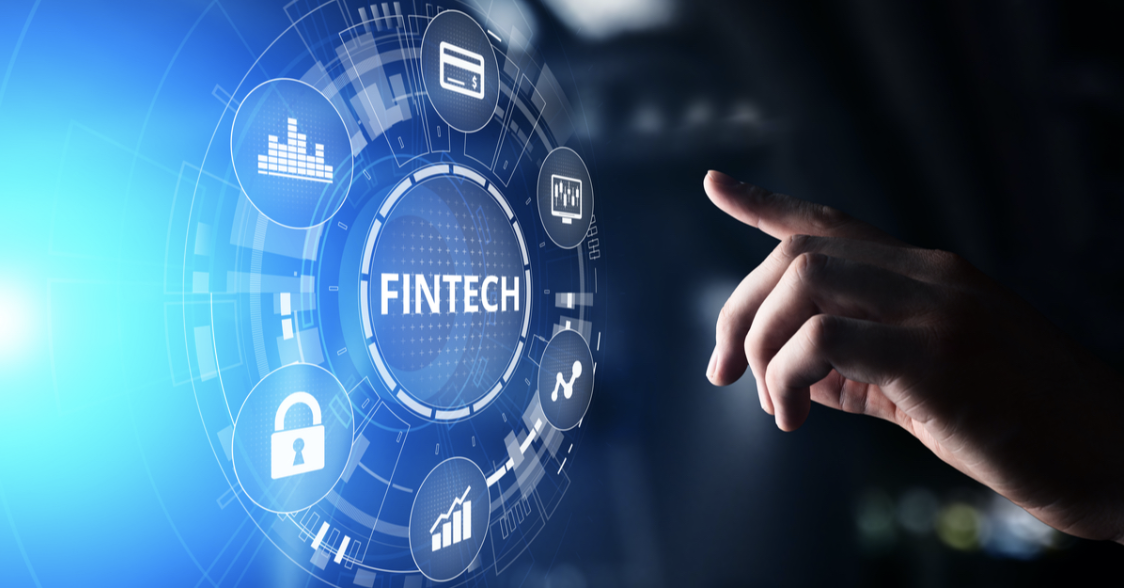As the world of financial services continues to advance and grow, a substantial portion of individuals and small businesses remain inadequately served with financial products. This underserved group encompasses ‘thin file’ customers, who have little or no credit history, small and medium enterprises (SMEs), and young and female demographics in emerging economies.
The answer to achieving fair and accessible finance for these populations lies in the ethical acquisition and utilisation of alternative data. This includes information on telecom and utility usage, previous mobile or small loans, data on related parties, and self-reported data — all of which ideally obtainable through credit bureaus.
By combining alternative data with financial education programs and unbiased predictive models, we can boost financial inclusion and support the expansion of access to finance for these customer segments.
The importance of access to banking services in emerging markets
With limited financial services available in emerging markets, some populations remain excluded from traditional banking due to systemic issues and social complexities, such as:
- A lack of formal data
- Judgement and bias
- Prejudice and discrimination
This is especially the case in Africa, where 57 per cent of citizens struggle to obtain the data required for an official credit score and women face more barriers than their male counterparts in accessing loans. SMEs function as the backbone of the global business landscape, accounting for approximately 90 per cent of all businesses.
However, they face significant challenges in securing formal bank loans, which are vital for growth and resilience — especially in times of economic hardships like rising inflation. To combat current economic pressures, it’s important for countries to employ measures that facilitate better access to banking products for both individuals and small businesses. This step can ultimately foster a healthier and more robust financial ecosystem.
Bridging the gap with alternative data
Traditional credit scores rely on data from regular consumer bank transactions and previous payment records, leaving those without access to these facilities at a disadvantage when applying for loans. That’s where alternative data offers a solution to close this gap. It provides lenders with diverse types of information that contribute to important financial decisions. For example, payment activity, finance app use and even social media pages can help determine whether an individual is likely to pay back their loan.
Mobile payment apps have already contributed to these advancements. In Kenya, banking apps have driven a significant increase in financial inclusion from 26 per cent in 2006 to 83 per cent in 2021. These successes serve as a model for countries seeking to expand access to finance with alternative data.
The power of communication and technology
To establish the right regulatory framework for sharing alternative data safely and ethically, effective communication between credit bureaus and regulatory bodies is imperative. Regulations must be in place to ensure that alternative data is safeguarded and used responsibly. Transparent dialogue between regulatory bodies and financial institutions can ensure that people’s data enables lenders to make fair informed lending decisions.
Harnessing vast volumes of alternative data also requires the implementation of proper systems. This is made possible with artificial intelligence (AI) and machine learning models, which can efficiently analyse and extract actionable insights from unstructured data sources. Financial institutions must establish secure model management frameworks to oversee, control and deploy various algorithms constructed on alternative data.
Financial education: Giving consumers the key to independence
By arranging tailored financial education programs for underserved communities, financial providers can empower consumers and guide them toward financial inclusion. As choices for consumers with limited credit data grow, governments and financial institutions are responsible for providing the correct information and advice. That way, consumers gain the opportunity to develop the knowledge and skills required to make informed financial decisions.
While alternative data acts as a powerful tool for facilitating financial inclusion worldwide, several steps must be taken to guarantee the secure collection, appropriate utilisation and authorised distribution of this data. With the perfect combination of advanced AI, machine learning models, educational programs and effective regulatory communication, financial institutions can leverage this data to boost global access to finance and strengthen the economic stability of developing countries.
Source: Fintech Times


























